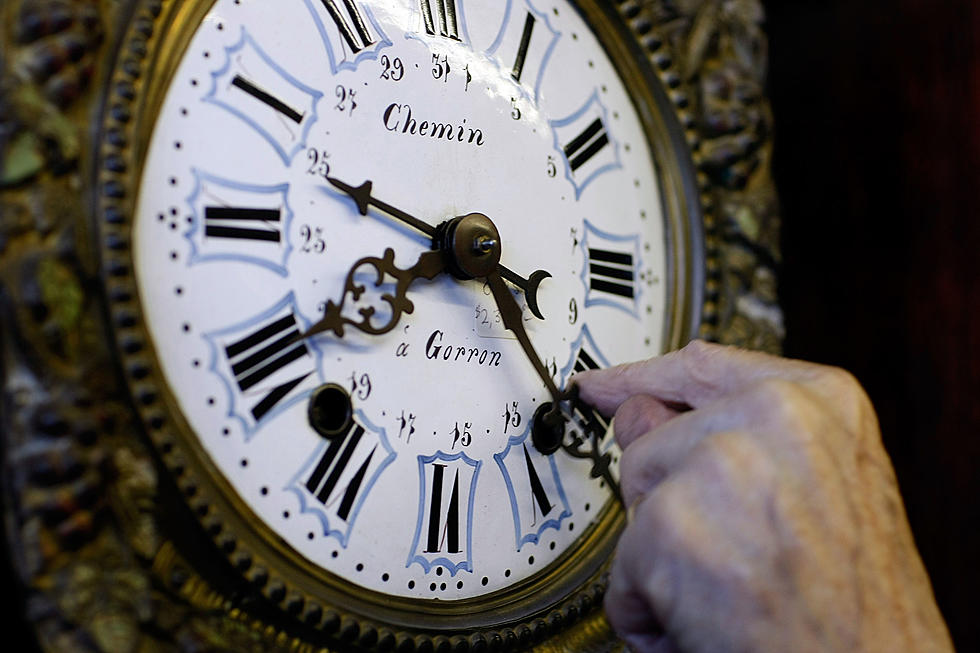
Yes, Alabama Will Still Fall Back for Daylight Saving Time
In under a week, households across the country will be turning their clocks back an hour. In 2021, likely the most substantial effect of Daylight Saving Time ending on the average person is begrudgingly losing an hour of sleep every spring.
Frustration with the current status quo seems universal, to the point that legislators in several states have proposed bills that would see a statewide adoption of Daylight Saving hours.
According to the National Conference of State Legislators, Alabama was the latest state to join Georgia, Minnesota, Mississippi and Montana to pass laws to permanently keep daylight savings this year.

Earlier this May, the Alabama House of Representatives voted 93-1 on a bill that would permanently implement daylight saving time, after the state Senate approved the same bill by a vote of 29-0 on April 20. Read the bill in full here.
Alabama Gov. Kay Ivey signed the bill into law less than a week later on May 13. However, the law stipulated that at this time, the State of Alabama can not feasibly maintain Daylight Savings on its own.
The reason? Individual states do not currently have the authority to impose a permanent DST rule. The time change is mandated by a federal law thanks to the Uniform Time Act of 1966.
"If the United States Congress amends 15 U.S.C. § 260a to authorize states to observe Daylight Saving Time year-round, the State of Alabama shall adopt Daylight Saving Time as the year-round standard of time for the entire state and all of its political subdivisions," the state bill, SB388, states.
When the Alabama House passed the bill back in May, sponsor Rep. Ritchie Whorton, R-Owens Cross Roads, explained that the bill was to serve the best interest of Alabamians who find it hard to adjust to the time change.
"You go from March to November, one sort of time and switching to another time, it’s hard for folks to get used to the change,” Whorton said, as reported by AL.com. “A lot of people not used to getting up to the morning, running late and having an accident.”
Another proponent of the bill, Rep. Juandalynn Givan, D-Birmingham, explained that should DST remain year-round, more Alabamians would stay out later each day, in turn helping local businesses.
“Anytime you give people a little longer time of having daylight, businesses stay open,” Givan said, also reported by AL.com. “People spend more money because they have more daylight. I think it’s something good for the state.”
Should the federal law be amended, the State of Alabama along with all others that have passed laws in the same manner will begin to observe year-round daylight savings. Until then, Alabama along with the majority of the country will change its clocks back an hour on the first Sunday of November.
Top Stories of The Tuscaloosa Thread (10/18-10/22)
LOOK: The most expensive weather and climate disasters in recent decades
See the Must-Drive Roads in Every State
More From Tuscaloosa Thread









